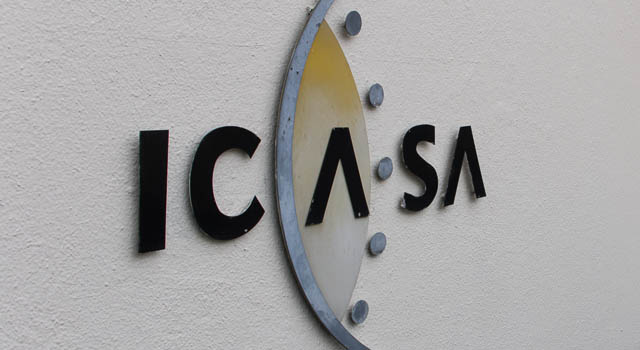
Communications regulator Icasa expects Vodacom to join MTN in demanding it does away with new wholesale inter-network pricing regulations, MPs heard on Tuesday.
Vodacom last week indicated it would institute a legal challenge, but has not yet served any papers on Icasa.
Briefing parliament’s communications portfolio committee, Icasa councillor Nomvuyiso Batyi confirmed the receipt of a letter from MTN.
It asked for the immediate removal of recently published regulations, which include a 50% cut in call termination rates. Termination rates are the fees operators charge each other to carry calls between their networks.
“We expect Vodacom will join the action by MTN, so we are prepared for it. We have very senior counsel that we’ve hired,” Batyi told reporters after the briefing. “We did instruct them [the legal team] to respond … and say we’re not removing anything. We’ll see them in court if they decide to take us on.”
The letter from MTN stated that Icasa had until noon on Tuesday to do away with the new regulations.
Icasa lawyers were told to inform MTN they would not comply. Asked by MPs what the implications of a possible lawsuit were, Batyi replied: “At this point we do not want to pre-empt the implications because it will depend on the process that they follow.”
MTN could decide on one of two options.
“There might be an application if they just want to review the regulations, then our regulations stand up until the court has set them aside or referred them back to us,” Batyi said.
“Unfortunately that will have an impact on the smaller operators, especially Telkom and Cell C, and it will have an impact on end users that are specifically on those networks.”
Communications minister Yunus Carrim, also present at the briefing, backed Icasa’s decision to drop call termination rates.
“What they have done serves the country’s interests and of course we’d like to see these rates contribute to consumers and businesses paying less to communicate, and benefiting economic growth and job creation over time,” Carrim said.
The rates provided greater competition and would result in a lower overall cost to communicate.
“The high cost of communication as you all know has deterred global foreign investment and also local domestic investment,” said Carrim.
The minister pleaded with mobile operators to accept the new regulations.
“We think some of them will lose in the immediate term but they will gain in the longer term if the economy grows [and] jobs are created. Their customers will use more of their services.”
Carrim said despite the regulations, the mobile operators would continue to secure a good rate of return. Last month, Icasa announced mobile termination rates would be cut from the current 40c/minute to 20c/minute. For fixed lines, call rates will drop to 12c for short-distance calls and 16c for long-distance calls.
Icasa introduced an asymmetric system, over and above the termination rates, where bigger operators would pay 44c/minute to carry calls to smaller operators, with smaller operators paying a 20c/minute rate to their bigger rivals.
Icasa chose this model to help smaller operators grow. — Sapa




